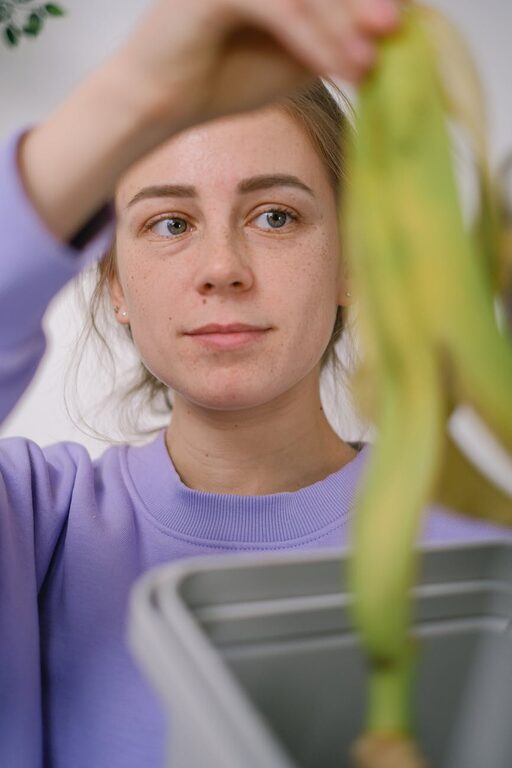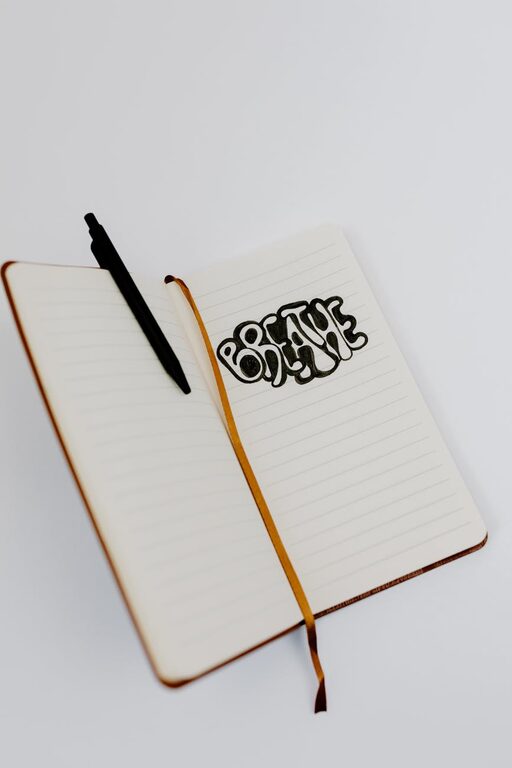
Composting at home is a fantastic way to reduce waste, enrich your garden soil, and contribute to a healthier environment. If you’re new to composting, you might wonder where to start and how to keep it simple but effective. This guide offers beginner-friendly tips to help you begin your composting journey with confidence.
What is Composting?
Composting is the natural process of recycling organic waste—such as food scraps and yard waste—into a nutrient-rich soil amendment called compost. Instead of sending these materials to the landfill, composting breaks them down through the help of microbes, fungi, and other decomposers. The end result is a dark, crumbly, earthy-smelling substance that can boost plant growth.
Why Compost at Home?
– Reduces landfill waste: Food scraps and yard clippings make up a large portion of household waste. Composting diverts this from landfills.
– Enriches your soil: Compost improves soil structure, moisture retention, and nutrient content.
– Saves money: Homemade compost reduces the need for chemical fertilizers.
– Promotes sustainability: It lowers greenhouse gas emissions by reducing organic waste in landfills.
Choosing the Right Composting Method for Beginners
There are several types of composting, but beginners should consider these simple approaches:
1. Compost Bin or Tumbler
A compost bin or tumbler keeps your compost pile neat and contained. Tumblers make turning the compost easier, which helps speed up decomposition.
2. Pile or Heap
If space allows, you can simply create an open compost pile in your garden. It requires less equipment but may attract pests if not managed properly.
3. Worm Composting (Vermicomposting)
Worm bins use red worms to quickly break down kitchen scraps. It’s ideal for small spaces and indoor composting but requires a bit more care and attention.
Setting Up Your Compost Bin: Step-by-Step
Step 1: Pick a Location
Choose a dry, shady spot near a water source but out of direct sunlight. This helps maintain moisture balance.
Step 2: Gather Materials
Compost needs a balance of “greens” and “browns”:
– Greens: Nitrogen-rich materials like fruit and vegetable scraps, coffee grounds, fresh grass clippings.
– Browns: Carbon-rich materials like dry leaves, straw, cardboard, paper.
Step 3: Start Layering
Begin with a layer of coarse brown materials to help with airflow. Alternate layers of greens and browns, aiming for about 3 parts brown to 1 part green.
Step 4: Maintain Moisture
Your compost should feel like a wrung-out sponge—not too dry, not soaking wet. Water occasionally if it feels dry.
Step 5: Turn Your Pile
Use a garden fork or compost aerator to turn the pile every 1-2 weeks to introduce oxygen, which helps speed breakdown and prevents smells.
What Can You Compost?
Acceptable Materials:
– Fruit and vegetable scraps
– Coffee grounds and filters
– Tea bags (without staples)
– Eggshells, crushed
– Grass clippings and leaves
– Small branches and twigs
– Shredded newspaper and cardboard
– Sawdust from untreated wood
Avoid Composting:
– Meat, dairy, and oily foods (they attract pests)
– Diseased plants
– Pet feces
– Treated wood or sawdust
– Coal or charcoal ash
Troubleshooting Common Composting Issues
– Bad odor: Usually means too much green material or the pile is too wet. Add more browns and turn the pile.
– Slow decomposition: Make sure the pile has enough moisture and is getting turned regularly.
– Pests: Avoid meat and oily foods; keep the pile covered. Use a sealed bin or worm compost bin indoors if necessary.
– Pile too dry: Water lightly and add green materials.
Harvesting Your Compost
After a few months, your compost will be dark, crumbly, and smell earthy. This signals it’s ready to use. Sift out any large, uncomposted pieces and use the finished compost as mulch, soil amendment, or potting mix ingredient.
Final Tips for Composting Success
– Be patient—composting is a natural process that takes time.
– Keep experimenting with your mix to achieve the right balance.
– Use compost regularly to improve your garden’s health.
– Educate family members about what can and cannot go in the compost.
– Consider keeping a small kitchen compost bin to collect scraps daily.
Starting your very own compost bin is a rewarding and environmentally friendly habit. By following these beginner tips, you’ll soon turn ordinary household waste into garden gold, benefiting both your plants and the planet. Happy composting!




